Beyond the Bouquet: Choosing Lasting and Sustainable Floral Alternatives for Gifting
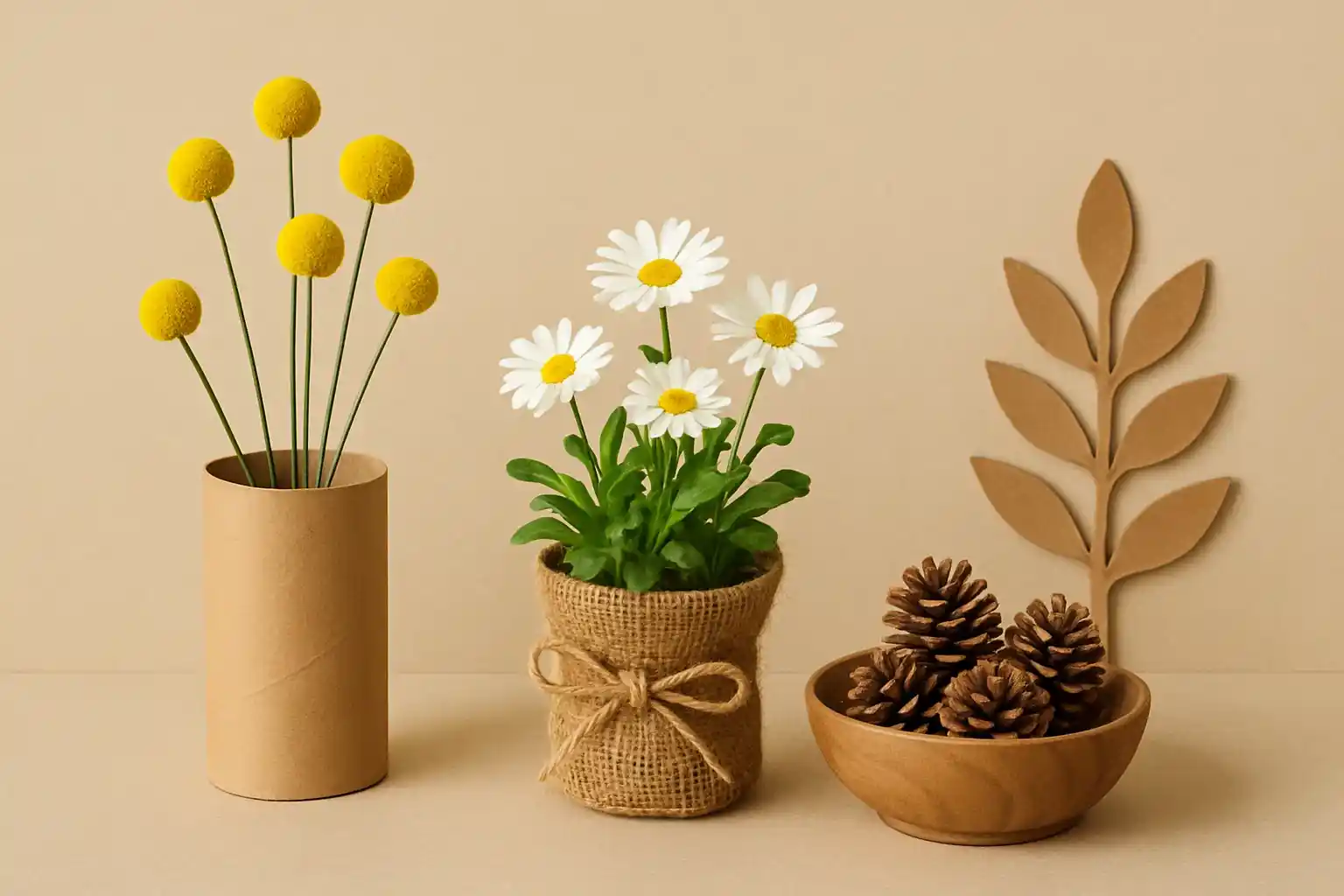
The tradition of gifting flowers is a timeless expression of affection, celebration, and sympathy. A vibrant bouquet can brighten a room and lift spirits. However, the conventional practice of giving fresh-cut flowers often comes with a hidden environmental cost. These blooms, while beautiful, have a limited lifespan, quickly fading and ending up in the compost bin or landfill. Furthermore, the global cut flower industry can involve significant energy consumption for transportation and refrigeration, as well as the use of pesticides and herbicides in cultivation. For those seeking a more sustainable and enduring way to share the beauty of nature, a range of longer-lasting and eco-friendly floral alternatives offer a thoughtful and environmentally responsible choice.
The environmental impact of the cut flower industry is multifaceted. Flowers are often grown in regions with favorable climates and then shipped long distances to reach consumers worldwide, contributing to greenhouse gas emissions from transportation. Intensive farming practices can involve the use of synthetic fertilizers and pesticides that can harm soil health and biodiversity. The need for refrigeration throughout the supply chain adds to energy consumption. Finally, the relatively short lifespan of cut flowers means they quickly become waste, requiring repeated purchases.
Fortunately, a variety of beautiful and meaningful alternatives exist that allow us to share the joy of nature without the same environmental footprint. By choosing potted plants, the enduring beauty of dried flower arrangements, or the promise of new life in seed kits, we can offer gifts that last longer, often contribute to cleaner air, and in the case of seed kits, even allow the recipient to actively participate in the growth of something beautiful. These sustainable floral alternatives offer a way to connect with nature and express our sentiments in a way that is both thoughtful and kind to the planet.
Cultivating Green Gestures: Exploring Lasting Floral Alternatives
Moving beyond the fleeting beauty of cut bouquets opens up a world of enduring and sustainable gifting options:
Potted Plants: A Gift That Grows and Thrives
Potted plants offer a living and lasting alternative to cut flowers. They bring greenery and life into a space, improve indoor air quality, and can provide years of enjoyment with proper care. Choose plants that are well-suited to the recipient's lifestyle and environment. Low-maintenance options like succulents, snake plants, or ZZ plants are ideal for beginners. For those who enjoy gardening, consider gifting a flowering plant or a small fruiting tree. Brands like The Sill and Bloomscape specialize in delivering healthy and stylish potted plants directly to recipients, often with care instructions and beautiful planters.
Dried Flower Arrangements: Preserving Natural Beauty
Dried flower arrangements offer a unique and long-lasting way to bring the beauty of flowers indoors without the environmental concerns associated with fresh-cut blooms and their limited lifespan. Dried flowers retain their natural charm and can last for many months or even years with proper handling. They require no water and can add a touch of rustic elegance to any décor. You can purchase beautifully arranged dried flower bouquets or even create your own using flowers from your garden or locally sourced blooms.
Seed Kits: The Gift of Growth and Potential
Seed kits offer a symbolic and engaging gift that connects the recipient with the process of growth and nature. Choose kits that contain seeds for beautiful flowers, fragrant herbs, or even vegetables. Include sustainable planting materials like peat-free soil pellets and biodegradable pots. This gift provides not only the enjoyment of watching something grow but also the potential for a lasting connection with the natural world and even a source of fresh herbs or flowers for the recipient's home. Many companies specializing in sustainable gardening supplies offer curated seed kits for various interests and growing conditions.
Enhancing Your Green Gifting: Thoughtful Presentation
To further enhance the sustainability of your floral gifts, consider these eco-friendly presentation ideas:
- Reusable Planters: Choose stylish planters made from sustainable materials like terracotta, recycled plastic, or bamboo.
- Natural Wrapping: If gifting a potted plant, wrap the pot in burlap, brown kraft paper, or a reusable fabric wrap instead of plastic.
- Handmade Tags: Create personalized gift tags from recycled cardstock or seed paper.
- Avoid Floral Foam: Traditional floral foam is made from plastic and is not biodegradable. Opt for natural alternatives like moss or twigs to secure arrangements.
By consciously choosing longer-lasting and sustainable floral alternatives and presenting them in an eco-friendly way, you can share the beauty of nature while minimizing waste and making a thoughtful choice for the planet.
Related Blogs
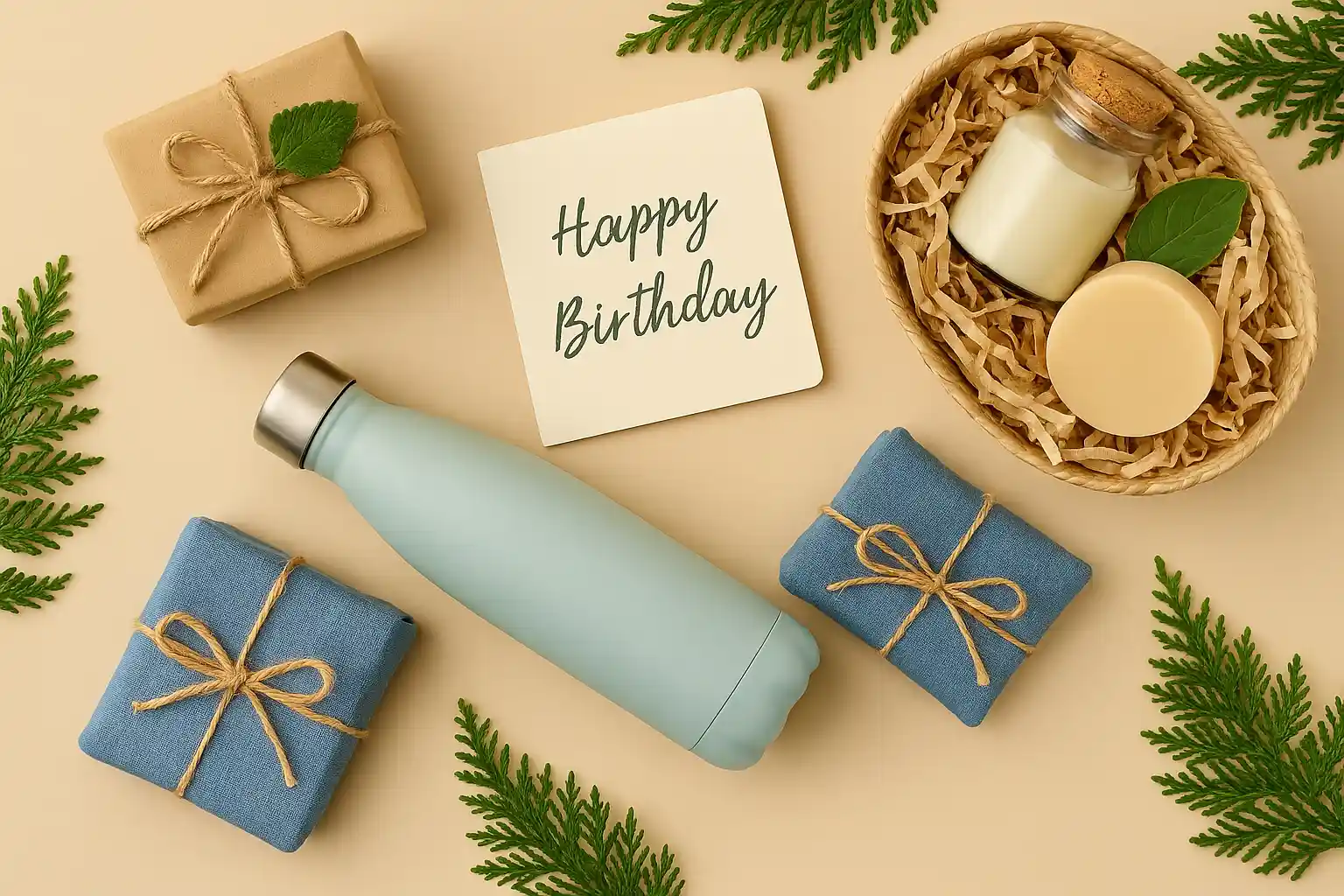
Celebrate Sustainably: Unearthing a Treasure Trove of Birthday Gifts That Don’t Cost the Earth
Thoughtful ideas for eco-friendly and low-waste gifting.
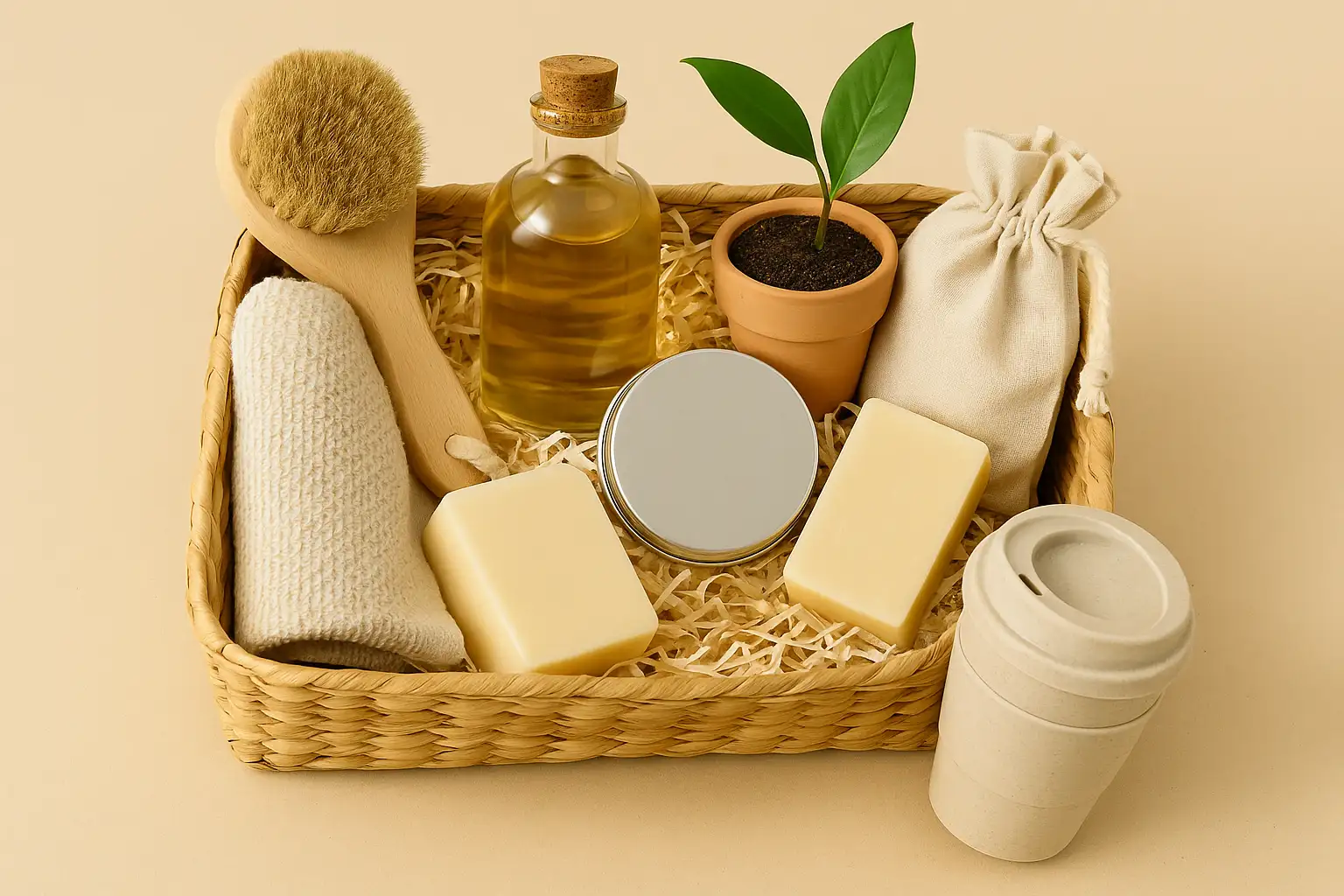
Weaving Care and Conscience: Your Comprehensive Guide to Curating a Thoughtful Sustainable Gift Basket
Thoughtful ideas for eco-friendly and low-waste gifting.

Beyond the Gadget Graveyard: Thoughtful Alternatives to Unneeded Electronics as Gifts
Opt for digital subscriptions, charitable donations, or repair kits over likely e-waste.
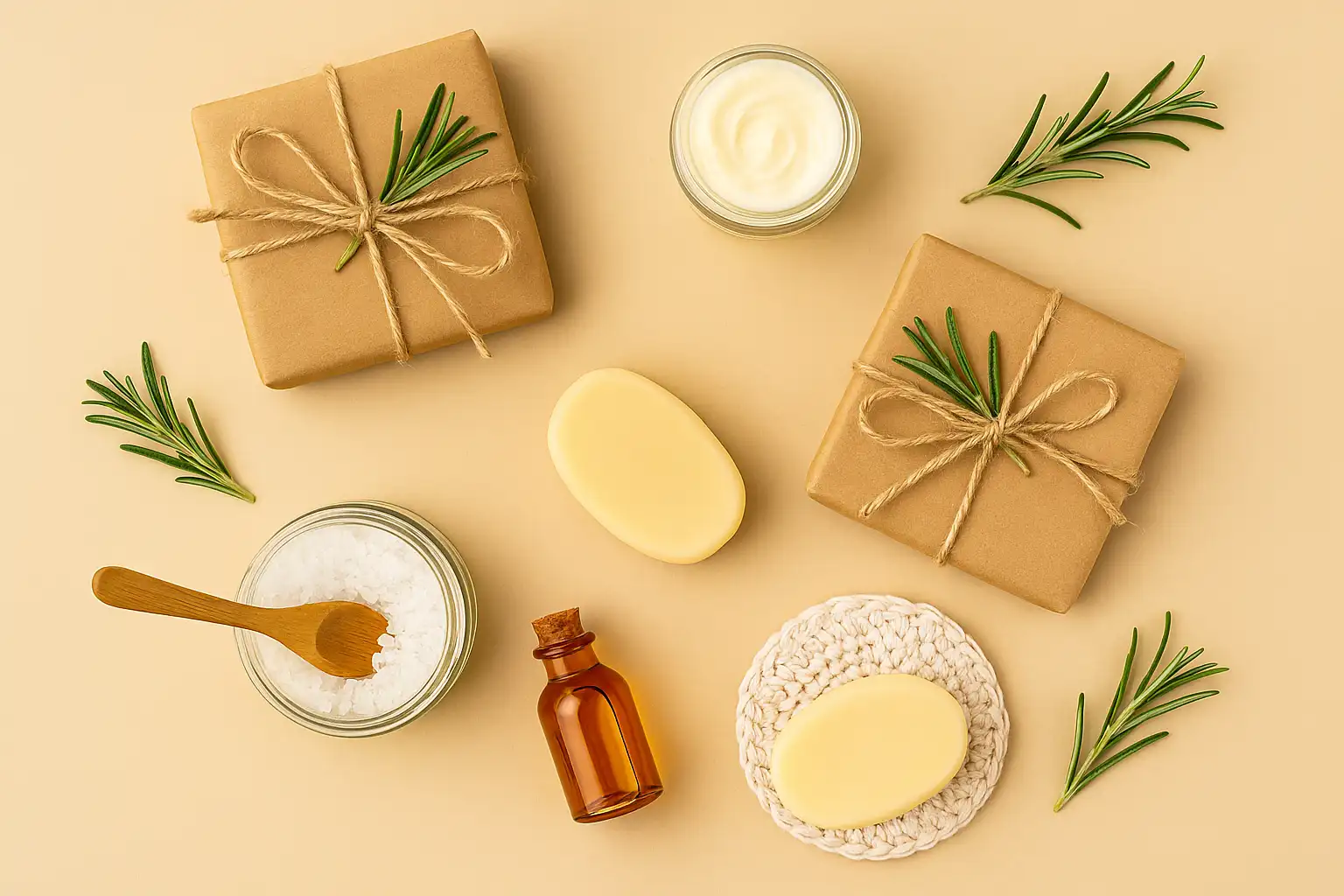
Crafted with Care, Kind to the Earth: DIY Green Gift Ideas That Truly Show You Care
Simple do-it-yourself ideas for an eco-conscious lifestyle.
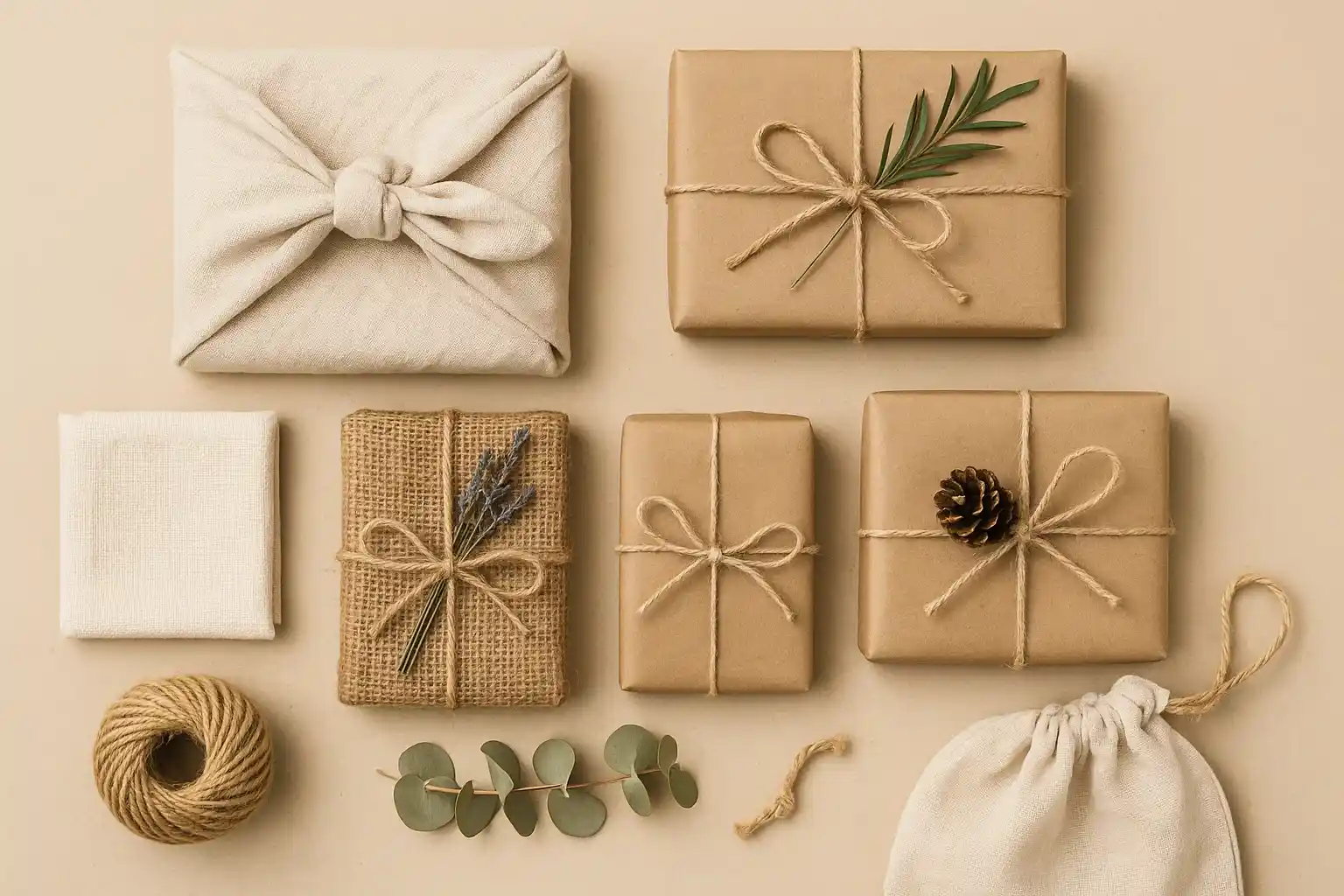
Unwrapping Responsibly: Creative Zero-Waste Alternatives to Plastic Gift Wrap
Choose recycled kraft paper, fabric wraps, or repurposed materials for eco-friendly gifting.
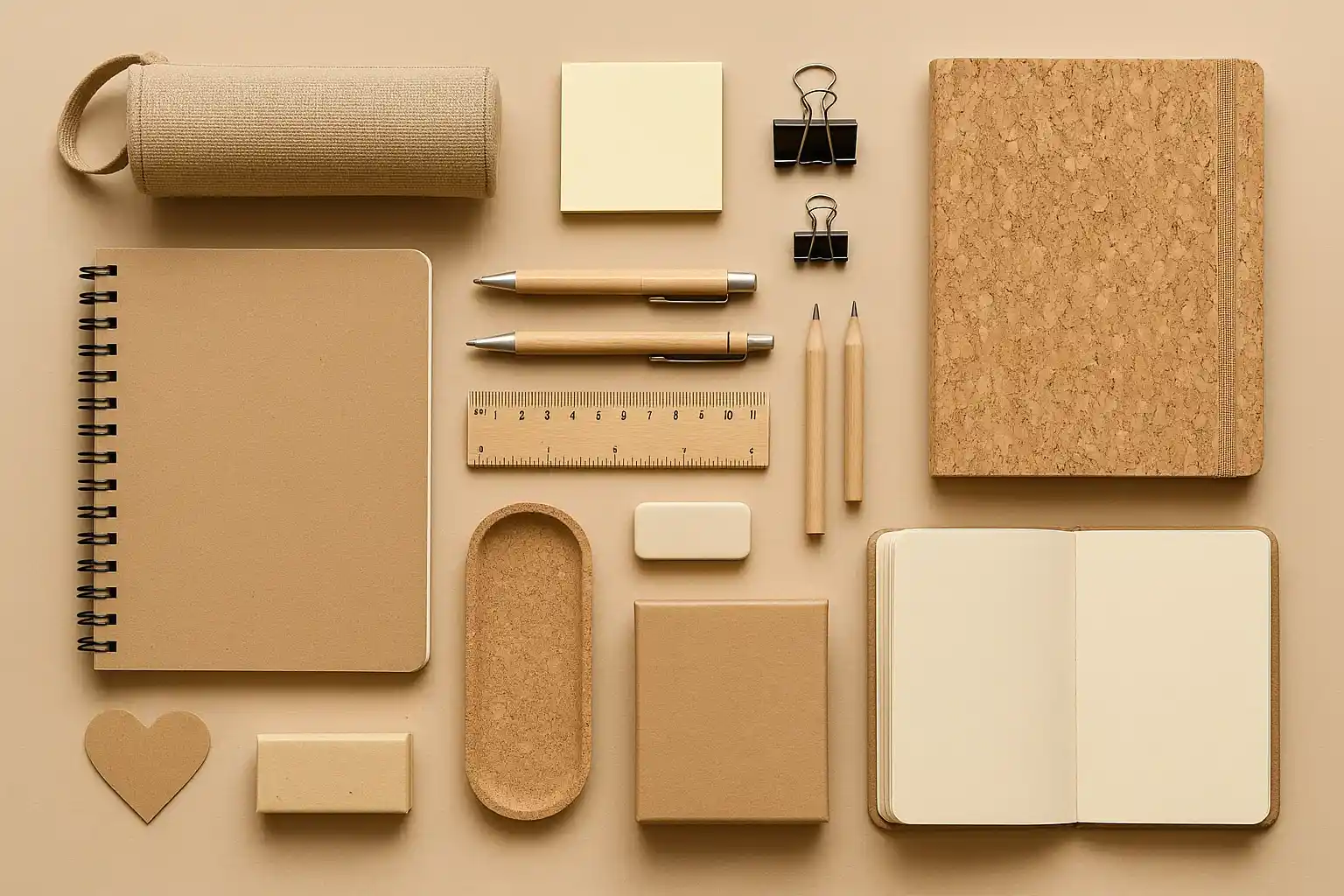
Write On, Sustainably: Choosing Eco-Friendly Alternatives to Plastic Stationery Sets
Opt for recycled paper journals, bamboo pens, and cork or fabric pencil cases for green gifting.
Stay in the Loop
Get tips and insights tailored to your interests — no spam, just sustainability.